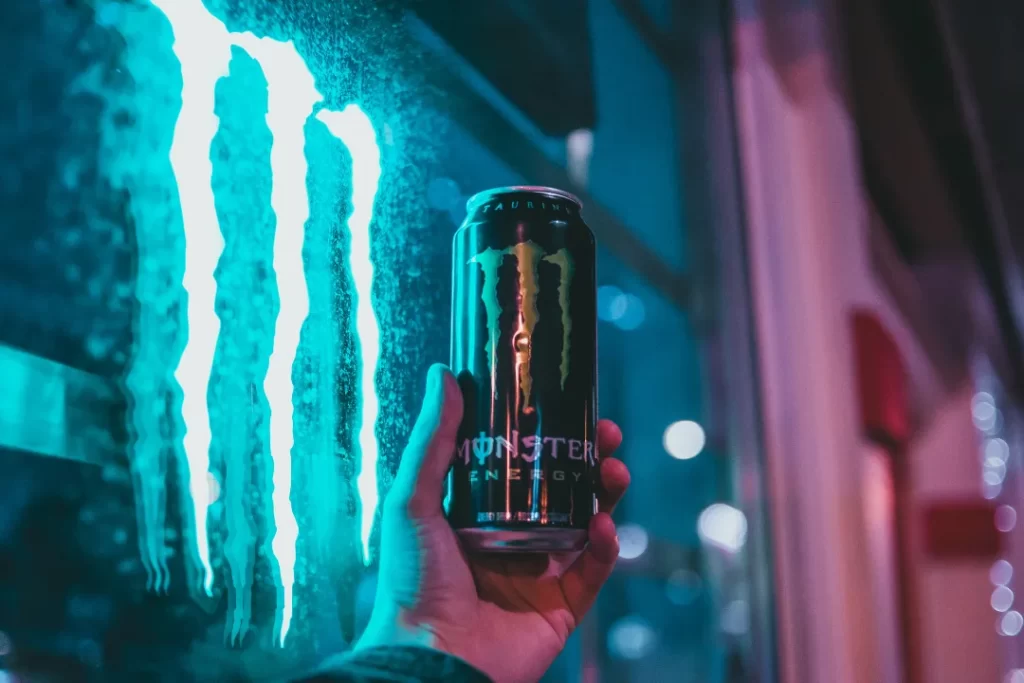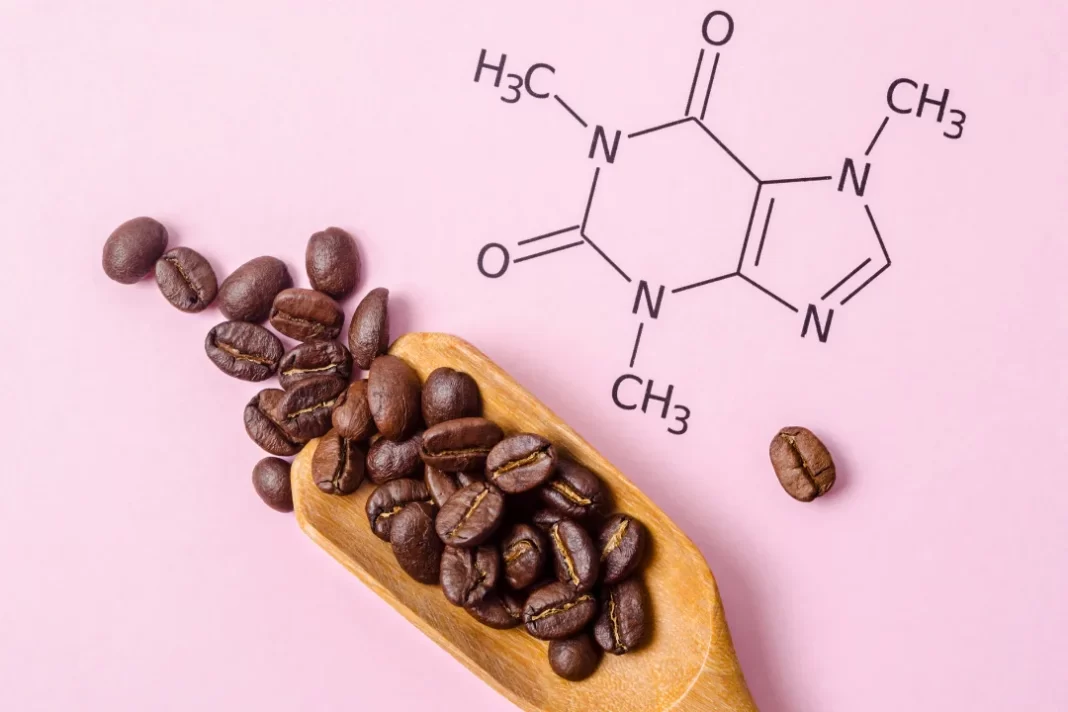Two ingredients found in many stimulant supplements are tyrosine and caffeine. Each has its purported benefits and each has a different mechanism of action. Read on to learn more about tyrosine vs caffeine.
Tyrosine and caffeine are both stimulants, so called because they stimulate the central nervous system. They each have a variety of health benefits, and they’re often included in stimulant supplements. Both can help stave off physical and mental fatigue, improve your focus, boost athletic and cognitive performance, and impact your mood.
You May Also Like:
5 ESSENTIAL OILS FOR HEADACHES AND MIGRAINE ATTACKS
RELAXIUM SLEEP REVIEWS VS DELTA BRAINLUXURY REVIEWS
Although they overlap in many of their functions, their sources, specific effects, and mechanisms of action differ greatly. If you’re interested in a stimulant supplement, you might find yourself weighing the pros and cons of tyrosine vs caffeine. Here’s a look at how each one works to help you make an informed decision.
Tyrosine vs Caffeine: What Each Does, And How Each Actually Works is an original (MedNewsPedia) article.
Tyrosine vs caffeine:
Where they come from
Tyrosine occurs naturally in the human body. It’s an amino acid present in the nervous system, where it plays a part in the synthesis of neurotransmitters. Neurotransmitters are signalers – in other words, the release of a neurotransmitter tells your body and brain how to respond to stimuli. They regulate both voluntary and involuntary muscle movements, everything from the precise, controlled movements of an athlete to the intake and output of breath. Neurotransmitters also govern our moods and behaviors.
Caffeine isn’t naturally present in the human body, but don’t count that as a point for tyrosine in the tyrosine vs caffeine debate; it’s plenty present in nature. Caffeine is most commonly associated with the coffee plant, where its bitter taste and odor act as a natural deterrent for insects. Most of us get our caffeine via coffee, tea, soda, or energy drinks, but small quantities are actually present in chocolate, too. Like tyrosine, caffeine stimulates your nervous system in the production of neurotransmitters.

Tyrosine vs caffeine:
Both can help you focus in similar ways
We already know that both tyrosine and caffeine stimulate the nervous system, which impacts both mind and body. A 1993 study proved that caffeine intake enhances cognitive performance and that better performance correlates with higher caffeine intake. One of the ways that tyrosine and caffeine act on your body is by boosting your focus (both cognitive and athletic), and they do so in a similar manner.
Tyrosine and caffeine encourage the production of a neurotransmitter called dopamine. Dopamine is part of the body’s reward system: when performing essential biological tasks like eating or drinking, the body releases dopamine as a reward. The release of dopamine causes a sense of pleasure and relaxation, so you’ll want to perform the task again. Dopamine also contributes to motivation and learning, keeping you calm but focused and rewarding the integration of new knowledge with that same feeling of pleasure. By promoting the secretion of dopamine, tyrosine and caffeine can help keep you focused on cognitive tasks.
Tyrosine vs caffeine:
Both can enhance athletic performance, but in different ways
Nervous system stimulants like tyrosine and caffeine both affect your athletic performance, but research has focused on their different mechanisms of action. As with dopamine, tyrosine also aids in the production of epinephrine, also known as adrenaline. Epinephrine increases the rates of metabolism and circulation, preparing the muscles for activity. This can help prevent muscle fatigue during a workout. A 2011 study demonstrated that tyrosine supplementation increased athletic endurance; those who took tyrosine supplements during the trial were able to cycle for a longer period before becoming exhausted.
Research on caffeine, on the other hand, focuses on a different process. The muscles draw on oxygen for energy and require more during a workout. That’s why your heart beats faster and you get winded when you exercise: your lungs and heart are working overtime to provide you with the oxygen your muscles need. A 2020 study measured participants’ oxygen levels during an intense workout, finding that those who supplemented with caffeine had a higher muscle oxygen saturation. More oxygen available means that the muscles will have the stores of energy they need so that you can maintain peak performance for longer.

Tyrosine vs Caffeine: What Each Does, And How Each Actually Works is the (MedNewsPedia) report.
Tyrosine vs caffeine:
Tyrosine can help you destress, an area where caffeine falls short
Every habitual coffee drinker knows that too much caffeine can make you anxious, and the stress response caused by excess caffeine can have a negative effect on your productivity. One 2002 study recorded people’s baseline anxiety levels before and after consuming caffeine, finding that no matter how the caffeine consumption was spread out, overdoing it inevitably led to an increase in anxiety.
Taking a supplement that contains caffeine alone can be a gamble. You might experience the desired benefits, or you might end up feeling worse. Tyrosine, on the other hand, could help to reduce your stress. Preliminary studies suggest that tyrosine might actually lower the levels of stress markers like cortisol, so it has the potential to keep you calm. In the debate over tyrosine vs caffeine, tyrosine’s cortisol-blocking effects give it a leading edge.

Tyrosine vs caffeine:
Why settle for just one?
When taking a supplement containing both tyrosine and caffeine, these two powerful ingredients can work together. In a 2019 study, athletes who took supplements containing tyrosine, caffeine, and L-theanine showed better performance.
Evolvere’s QUANTUMiND is a nootropic blend that contains both tyrosine and caffeine, as well as L-theanine and a number of other nootropic ingredients. QUANTUMiND’s combination of tyrosine and caffeine ensures brain fog elimination and focus-honing effects in just one product. With extra cortisol-blocking ingredients like ashwagandha, you won’t have to worry about side effects like jitters or undue stress. Evolvere’s thoughtful, complete supplement blends maximize the benefits of both tyrosine and caffeine while minimizing their shortcomings.
Instead of tyrosine vs caffeine, think tyrosine plus caffeine
Tyrosine and caffeine’s numerous benefits sometimes overlap, but their different mechanisms of action make them work best together. Plus, where one supplemental stimulant might fall short, the other might make up the difference. There’s no need to choose one over the other: supplement blends that incorporate both tyrosine and caffeine are readily available and can allow both ingredients to achieve their fullest potential.

Further Reading For Additional Reference:
Mayo Clinic: Caffeine: How much is too much?
ScienceDirect: Italian breakfast in mind: The effect of caffeine, carbohydrate and protein on physiological state, mood and cognitive performance
European Journal of Clinical Nutrition: The effect of caffeine, green tea and tyrosine on thermogenesis and energy intake
Important Note: The information contained in this article (Tyrosine vs Caffeine: What Each Does, And How Each Actually Works) is for general informational purposes only, and should not be construed as health or medical advice, nor is it intended to diagnose, prevent, treat, or cure any disease or health condition. Before embarking on any diet, fitness regimen, or program of nutritional supplementation, it is advisable to consult your healthcare professional in order to determine its safety and probable efficacy in terms of your individual state of health.
Regarding Nutritional Supplements Or Other Non-Prescription Health Products: If any nutritional supplements or other non-prescription health products are mentioned in the foregoing article, any claims or statements made about them have not been evaluated by the U.S. Food and Drug Administration, and such nutritional supplements or other health products are not intended to diagnose, treat, cure, or prevent any disease.


